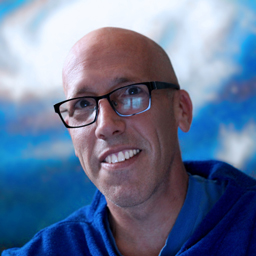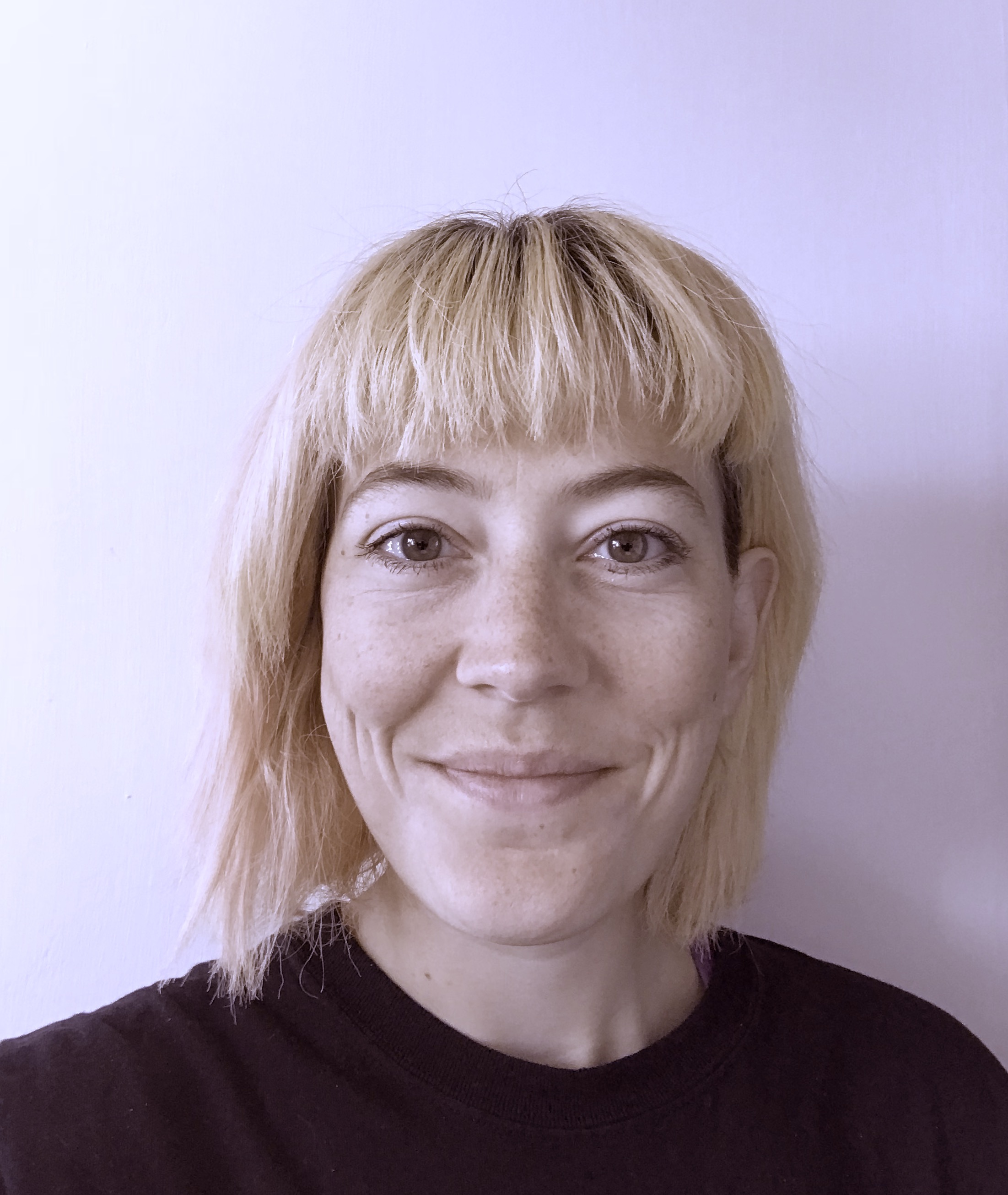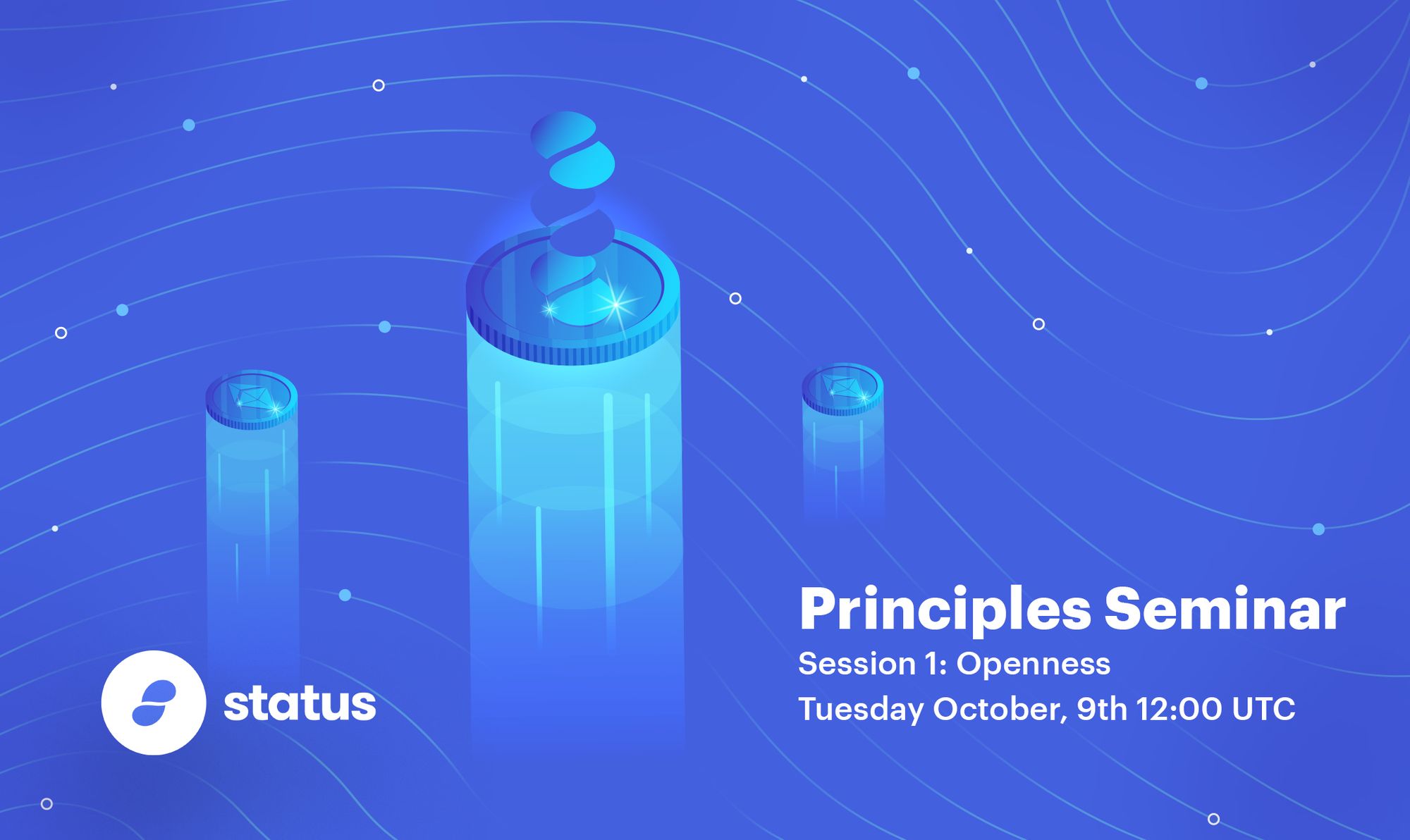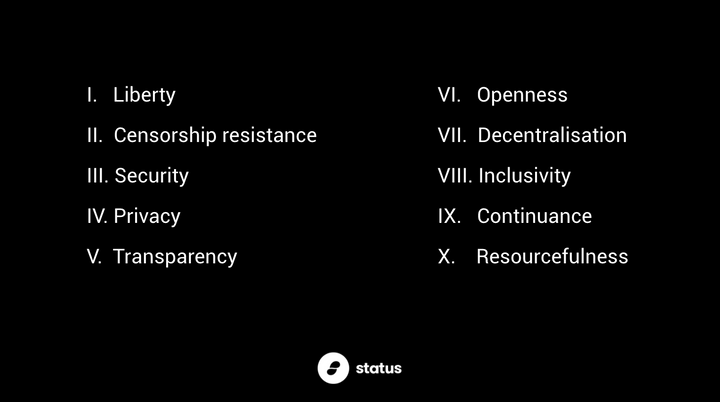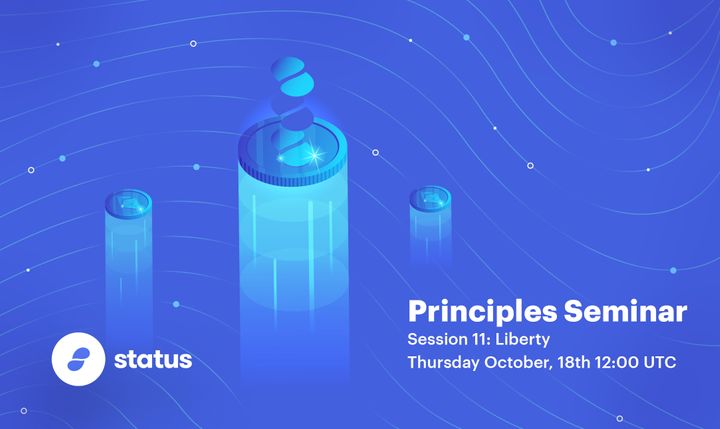In the first session of this 12 part series, join status' core contributors as we discuss and debate to which degree we uphold our principles, how we can improve our performance, and what we're adding to our Wall of Shame.
Openness:
The software we create is a public good. It is made available via a free and open source license, for anyone to share, modify and benefit from. We believe in permission-less participation.
Slide Deck:
Seminar Opening presentation
Seminar Index
Openness Session Notes (reprinted below)
Youtube:
[Oskar]
Principles will be covered not in order - we want to build up to Liberty, have tried to pair them so that they make more sense.
My opening remarks are not gospel, you might have your own interpretation of the principles.
Why we are doing these sessions: to increase engagement in high resolution, and develop collective ability to think about our principles.
Pairing Principles helps see the tensions, positives and negatives.
[Michael]
How do you feel about the fact that we have guardians, can we talk about having a completely permissionless codebase, Corey?
[Corey]
Difficult to answer, I hope so. We can't say that anyone can just do what they want. Proof of work is a push forward in creating open permissionless networks, knew it was fair due to how incentives were structured; how do you do that in a codebase? We need some type of hierarchy around who gets to build a codebase.
[Ricardo]
We should study how others, e.g. Linux handle this
[Igor]
Linux Foundation was essentially a few people’s decisions as governance;
Linus + one or two people who decided which patches to allow
[Michael]
Are we naive for thinking it can be done differently?
[Oskar]
POW - by virtue of having a free license, anyone can make changes. You can just fork it and run own version of Status. Protocol that has most consensus gets followers, doesn't preclude someone from forking it and making their own universe.
[Corey]
Don't have to use the official Status client to use Status, we're giving you the main signal to go off and do something different. We have to be certain that the base layer protocol is secure.
[Michael]
How do we demonstrate that the client is secure, how do we present that to people?
[Ricardo]
This would be one layer up in e.g. Android, people should be able to check it above the level of the app. This technology hasn't yet been realised.
[Michael]
Can we use Discuss DMs instead of emails? Not practical if we need to contact people outside Status network.
Action item - describe centralised/proprietary services we're using and be clear about why that is and why it's justified. Services policy for why we use services that we do. [rewritten as WoS -- Oskar]
Making good progress on Status as our IM client, but let's separate out other collaboration tools like email, discussion etc.
Can justify Google in some way as it helps with continuance, but need to balance those things against openness.
[Adam]
Decentralised tech harder to debug overall. Openness is a prerequisite to inclusivity.
[Michael]
We'd like to have completely open finances, what are our barriers there?
[Yessin]
- Protection of individuals' privacy. People may not want their salary public, due to e.g. tax optimisation purposes or other personal interests.
- HR centralised point of view, people may start comparing salaries and become unhappy with situation. Not an absolute barrier, but a consideration.
[Chad]
Doesn't need to happen instantly, but a pathway to openness would be great. In prior company, financial dashboards transparently reflected burn rate, headcount, etc. Non-sensitive info, but was super helpful for context.
[Michael]
Can we have headcount and total salary cost?
[Yessin]
Open KPIs can happen.
[Oskar]
Shared examples from Buffer and NomadList.
[Barry]
Have experienced this before in another company - settled on voluntary disclosure as not everyone wanted to participate.
[Adam]
Can we focus at org level first regarding financials?
[Yessin]
What can't be made public - individual salaries. Other financial information can be made public.
[Ricardo]
What about changing how we make payments, e.g. salaries > bounties?
[Michael]
As we DAOify, we have legacy obligations. Dialogue should shift from abandoning our centralised legacy company to optimizing it, and what functions we can optimize the future DAO for. Can't switch off the legacy entity completely, our DAO will interface with that long into the future.
[Yessin]
DAO would be largely without legal entity footprint. Maybe contributors would form their own legal entities in each jurisdiction to interface with the DAO.
[Igor]
Would radical transparency lead to overall higher costs?
[Ricardo]
Some things need to have delayed openness, e.g. sensitive projects, can talk about these later but need to act first.
[JB]
Using language/knowledge that the general public can't understand - barrier to adoption. To be open, may have to compromise on other things to reach a wider audience. Although we're being open on Discuss, the level of discussion may not resonate with many readers due to lack of technical knowledge.
[Michael]
Need to get our own house in order before we can succinctly and simply express that to the mass market.
"Openness" Wall of Shame
- Reliance on Google and Slack
- Not fully open to community contributions
- Weren't using our own product
- Closed financial info. Lack of pathway for how we'll get to openness.
- Balancing openness and disclosure of security issues/vulnerabilities?
- We don't have an inventory with rationale for centralised/proprietary services we use. Desired action: describe centralised/proprietary services we're using and be clear about why that is and why it's justified. Services policy for why we use services that we do.
Join the discussion about Openness here.


